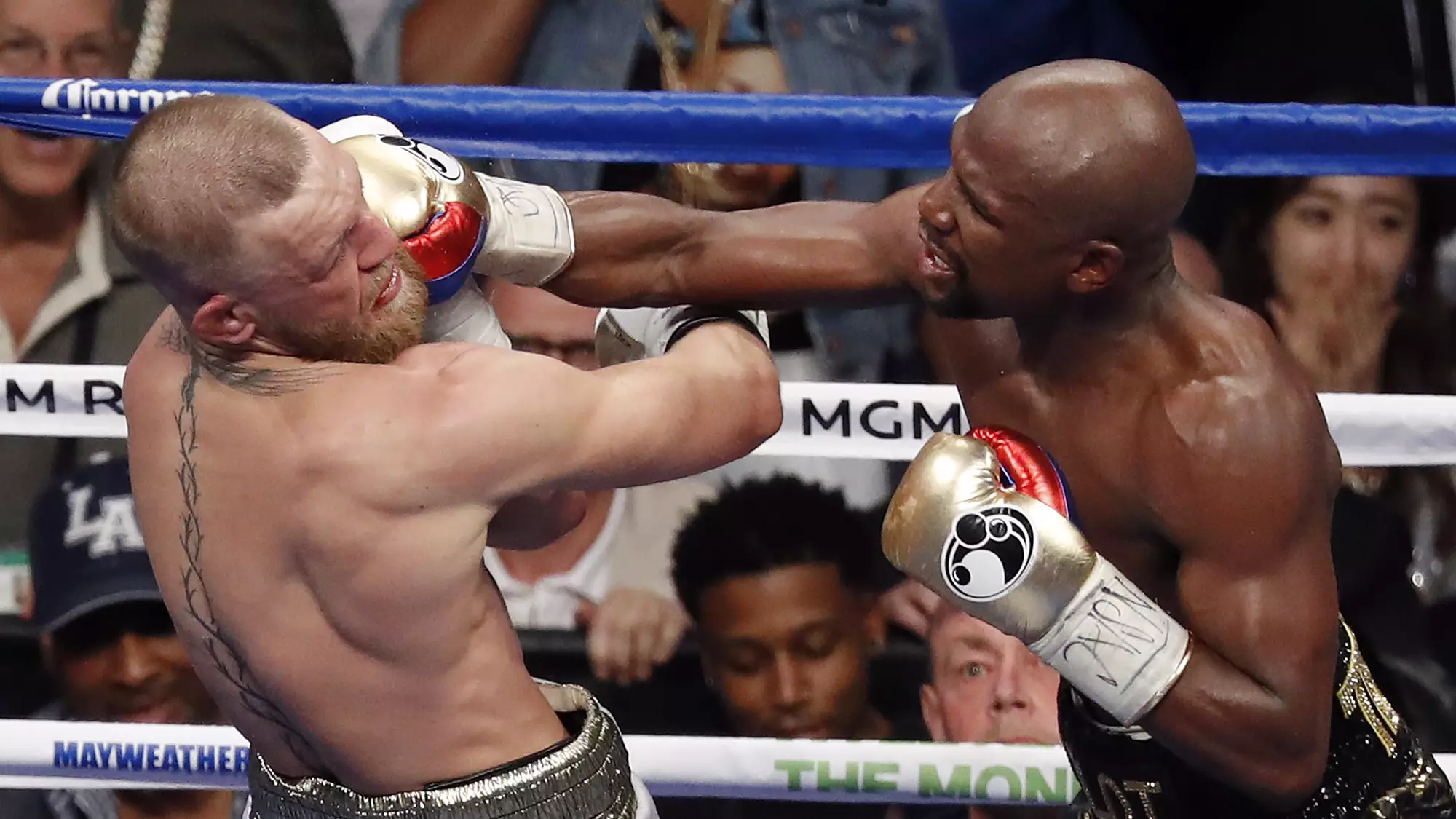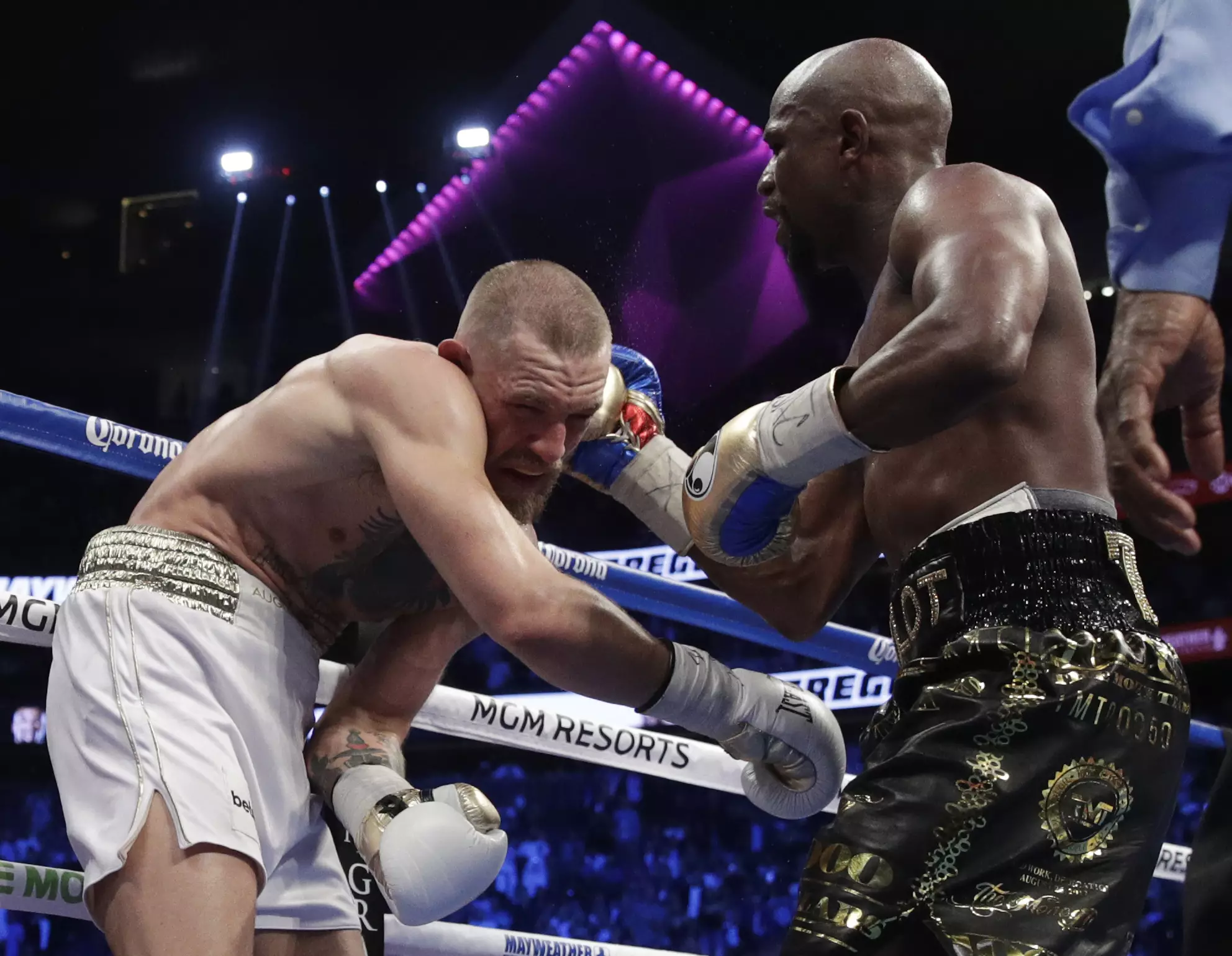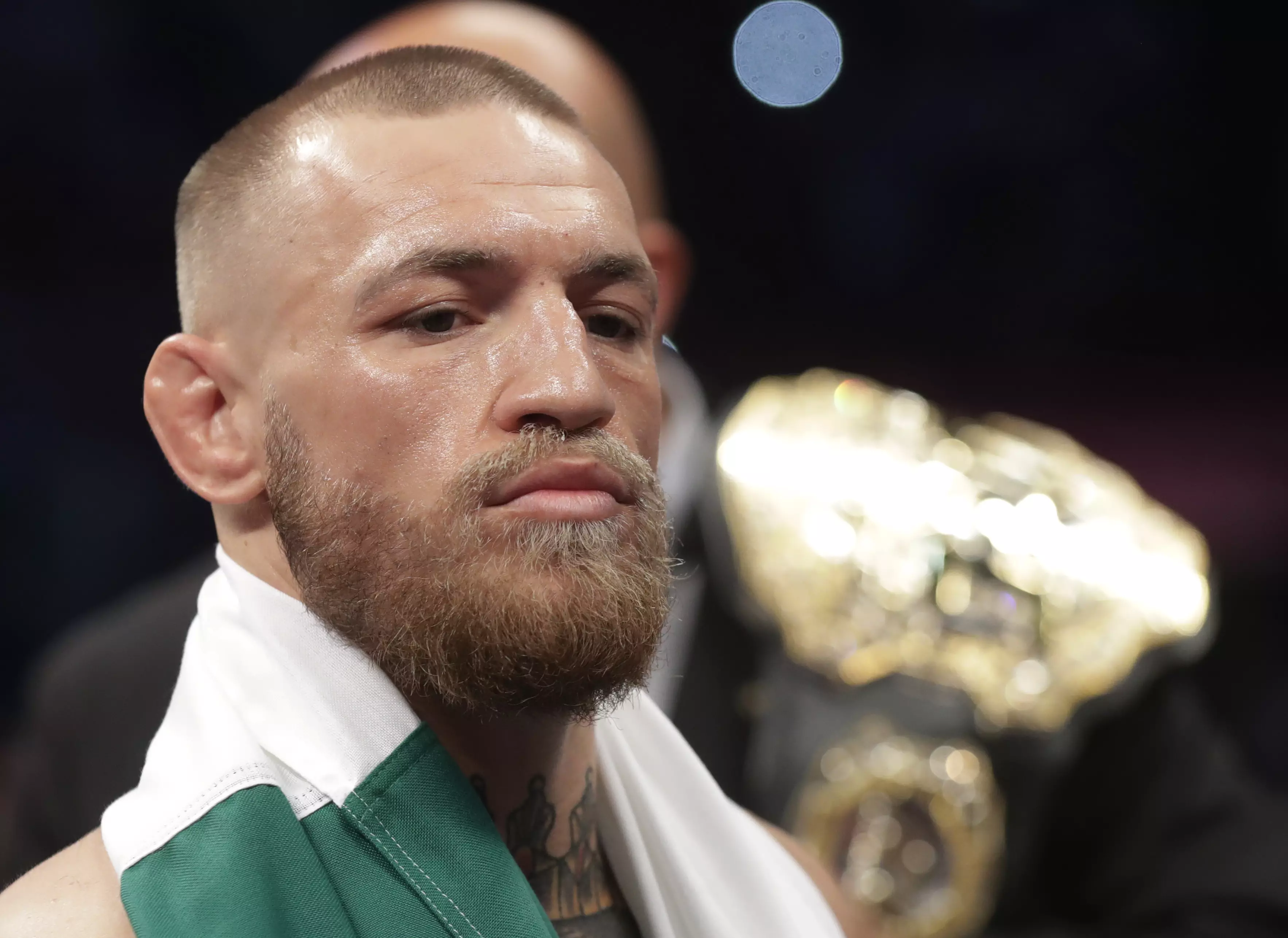
The incredible bout between Conor McGregor and Floyd Mayweather ended in the 10th round when Hall of Fame referee Robert Byrd called a stoppage to the fight. It was a decision that the MMA fighter McGregor wasn't pleased with.
Footage from the fight showed 'The Notorious' was a bit wobbly in the ring, which he put down to fatigue. However, former boxing ringside doctor and emergency physician Darragh O'Carroll has told Tonic that McGregor could have been suffering from something much worse.
O'Carroll says: "Fatigue may cause sluggish and slow movements, but does not cause the imbalance and poor coordination exhibited by McGregor in the 10th round. Being wobbly, in the setting of pugilistic trauma, will always be treated as the result of head trauma and not as fatigue.
"To let a fighter continue on would be grossly negligent."

Credit: PA
He adds that McGregor could have sustained damage to his cerebellum, which is located at the back of the brain. Getting punched in the face causes the brain to shoot backwards and hit the skull hard.
The Irishman was insistent that he could have kept going, saying in his post-fight press conference: "I thought it was a little early for a stoppage. I get like that when I'm tired. I get a little wobbly and flowy. But get me into the corner and I'd have recovered and come back.
"I'd have liked to hit the floor. I'd have liked the ref ... there's a lot on the line here, he should have let me keep going, I thought.
"No one's taking these kinds of risks. So, fuck it, lay into me all you want. I'll take it on the chin. I'll take it wrapped around the neck on live TV. It's another day for me."

Credit: PA
But O'Carroll believes that had the fight gone on any longer, it could have ended badly for McGregor: "Continuing the fight would have put McGregor at risk for continued head trauma, risking a future of chronic traumatic encephalopathy, or at worst, repetitive damage leading to a severe traumatic brain injury such as a brain bleed."
There's a condition called Dementia pugilistica, which is a neurodegenerative disease that affects amateur boxers, wrestlers and anyone else who experiences sub-concussive blows to the head. But it can take years, sometimes decades, before symptoms begin to show up.
According to the International Journal of Psychiatry in Medicine, sufferers experience dementia like symptoms, including: "Declining mental ability, problems with memory, dizzy spells or lack of balance to the point of not being able to walk under one's own power for a short time and or Parkinsonism, or tremors and lack of coordination."
It probably didn't help McGregor that he partied into the early hours of the morning after the fight. However, he did say he was taking a well-earned break from fighting to give his body and brain some time to recover.
Featured Image Credit: PATopics: Conor Mcgregor, Boxing, Floyd Mayweather